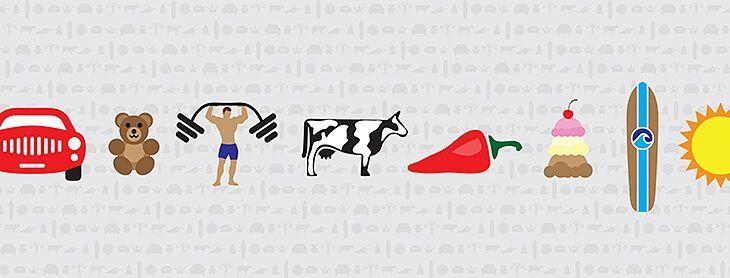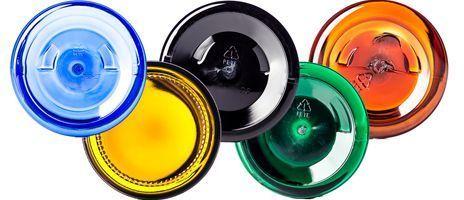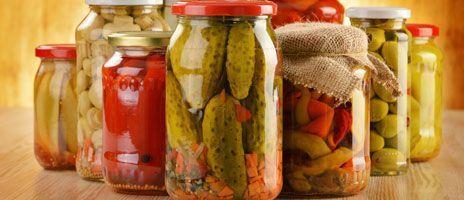5 seals and how they make perfect liners for your container
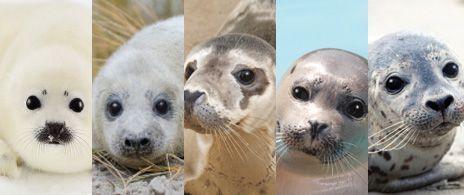
If seals could talk, they would probably ask for more fish. And if your packaging could talk it would probably ask what kind of seal you're planning on using for your product. Trying to choose the right seal for your container CAN be confusing. So let's talk about the different types of liners that are available to you and the type of seal they provide.
Not all liners are the same; each one has a different sealing purpose and function. A couple questions you may want to ask yourself are:
- Do I need tamper evidence for my product?
- Is my product a liquid, solid or a powder?
- Do I need an airtight or leak-resistant seal?
- How am I going to find time to watch all these baby seal videos on YouTube? (Last we checked there were about 143,000).
So for answers to these questions about liners (excepting the baby seal one), let's take a look at the line-up (pun totally intended!) Container and Packaging has to offer:
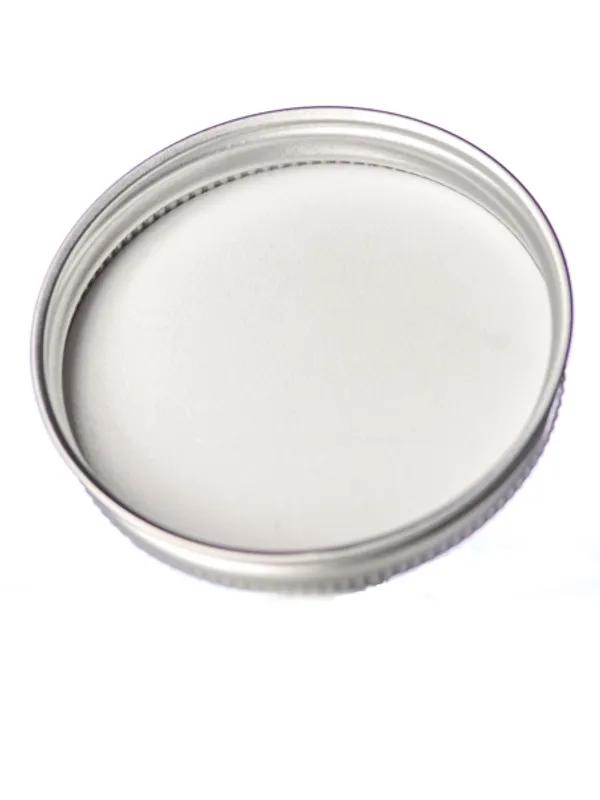
 |
| PS Liner (aka PS 22 or PS 21): The PS liner has one side with an adhesive that sticks to the landing of the container when pressure is applied to secure the closure. (The landing of a container is the sealing surface of the container's mouth.) After 24 hours when the lid is remove the PS liner will be sealed to the landing of the container. |
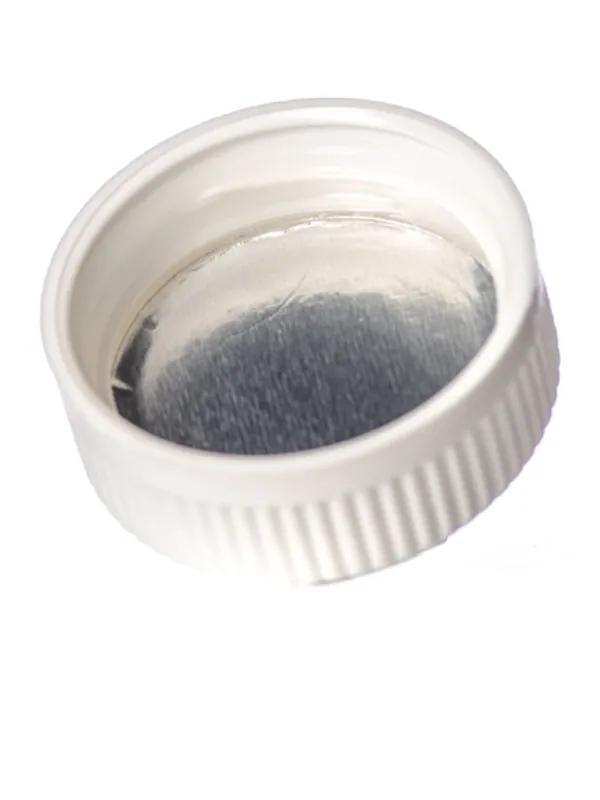 |
| HIS liner (aka Heat Induction Seal or Induction Liner): The HIS liner is the best around but is also a bit more picky about how it's applied. This liner needs an Induction sealing machine to make a hermetic seal, as well as being properly paired to the resin type of the container being used. Note: Container and Packaging has made this easy by matching compatible HIS lids and containers for you. |
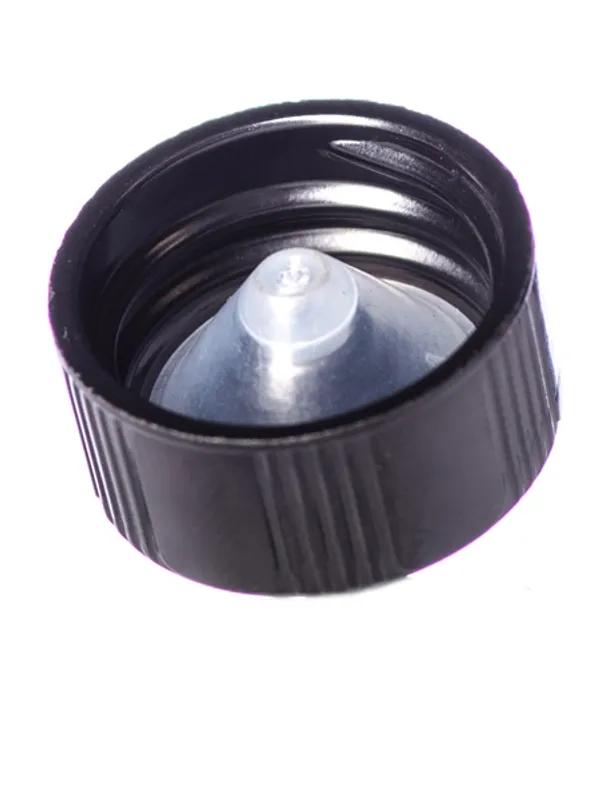 |
| Polycone liner: The Polycone liner is almost always matched to a phenolic lid. Why is this? Because it's likely the most durable combination you can find for a sure seal. |
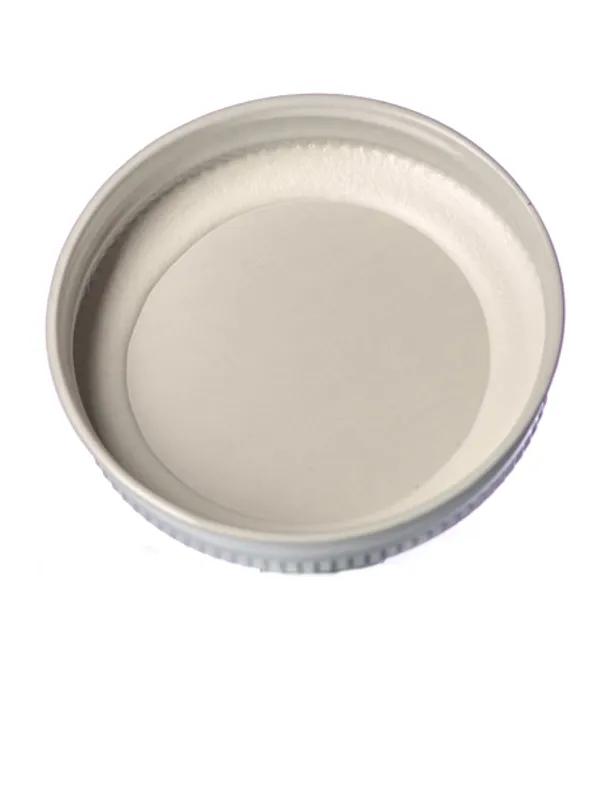 |
| Plastisol liner: The Plastisol liner has an exclusive relationship with metal lids. Plastisol is a PVC gasket that creates an air tight seal with a glass jar or bottle. |
So now that you have been introduced to our liners and the types of seals they provide, your container can rest easy knowing that awkward conversation about seals has been resolved. Still not sure which liner to use? You can contact our team at Container and Packaging for advice or order a free product sample - either way, we are happy to help you figure it out!
